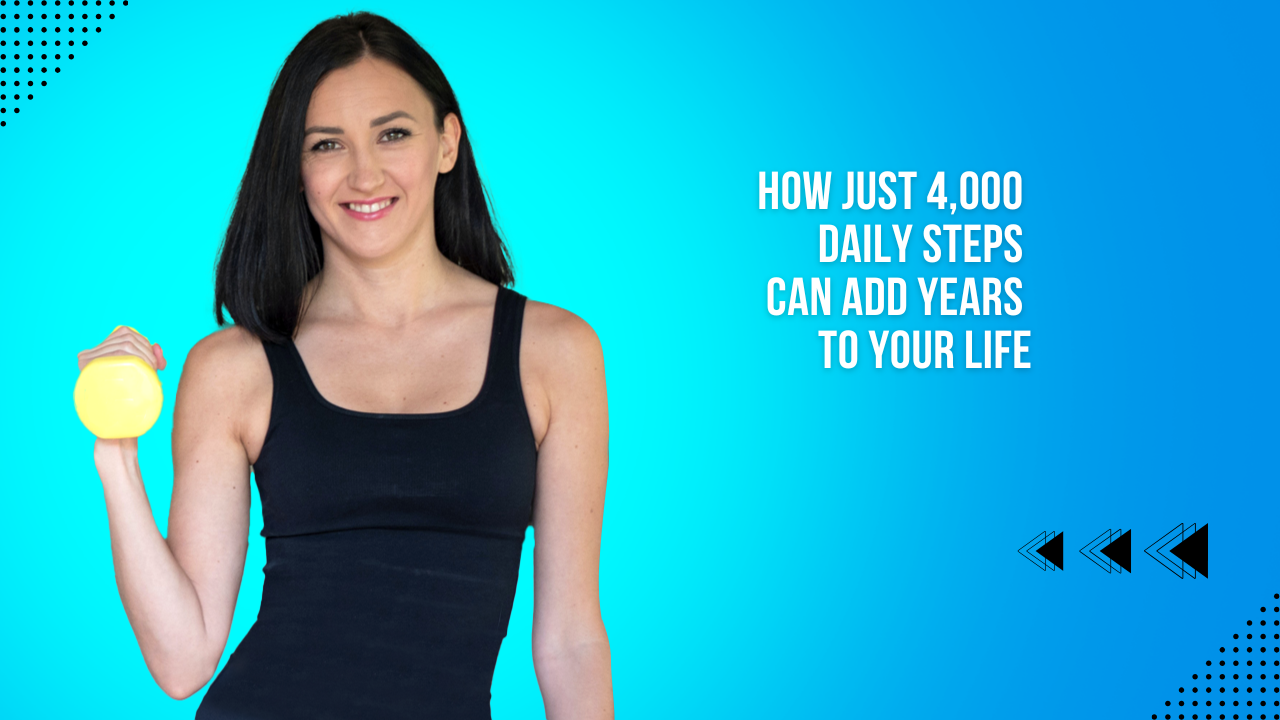Are You Scrolling Your Life Away
Digital Minimalism: Why Less Screen Time Means More Peace, Focus, and Freedom
Are You Scrolling Your Life Away?
We live in a world where everything is just one click away—likes, news, entertainment, even work. But as screens dominate our lives, more people are waking up to the truth: we are overloaded, distracted, and burned out.
Enter: Digital Minimalism—a modern lifestyle that helps you take control of your technology, not the other way around.
This article will help you:
- Understand what digital minimalism really means
- Learn why too much screen time is bad for your brain and life
- Discover powerful steps to reclaim your time, focus, and mental health
What is Digital Minimalism?
Digital minimalism is a philosophy that encourages intentional use of technology—using digital tools only when they truly add value to your life.
It’s not about throwing away your phone or deleting everything. It’s about:
- Removing digital clutter
- Focusing only on useful apps or platforms
- Replacing mindless scrolling with meaningful activities
“Digital Minimalism is not anti-technology. It’s pro-intention.” – Cal Newport
The Hidden Cost of Constant Screen Time
Most people don’t realize how much screen time affects their lives.
Scientific Findings:
- Average screen time is over 7 hours/day globally.
- People check their phones 96 times per day (once every 10 minutes).
- Overuse of screens is linked to anxiety, depression, insomnia, and reduced attention span.
Too much screen time doesn’t just drain time—it steals your mental clarity, focus, and real-life connections.
What Screen Addiction Does to Your Brain
Digital overload rewires the brain.
- Dopamine Loops: Every notification or like gives a small dopamine reward. This builds addictive behavior.
- Reduced Attention Span: Multitasking with screens shortens your ability to concentrate.
- Mental Fatigue: The brain processes digital input rapidly, leading to exhaustion—even when you’re sitting still.
- Sleep Disruption: Blue light from screens blocks melatonin, your natural sleep hormone.
More screen time ≠ more relaxation.
It often means more stress and mental clutter.
The Benefits of Digital Minimalism
When you reduce screen time, everything improves—from your mental health to your productivity and relationships.
Key Benefits:
- More Focus and Deep Work
- Better Sleep Quality
- Improved Mental Health (Less Anxiety/Depression)
- Stronger Real-Life Connections
- Time for Hobbies, Reading, Exercise
You don’t need to quit technology. You just need to control it.
Digital Minimalism vs Digital Detox
| Digital Minimalism | Digital Detox |
| Long-term lifestyle change | Short-term break from tech |
| Intentional usage daily | Temporary disconnection |
| Focus on high-quality digital life | Often leads to relapse |
| Sustainable and mindful | Quick fix |
Think of digital minimalism as the daily diet, and digital detox as the occasional cleanse.
How to Practice Digital Minimalism (Step-by-Step Guide)
Step 1: Identify Your “Essential Tech”
Make a list of apps or tools that truly serve your life or work.
Examples: WhatsApp (communication), Notion (planning), YouTube (learning)
Step 2: Delete Digital Clutter
Remove:
- Social apps you barely use
- News notifications
- Shopping alerts
Tip: Use the “30-day test” — If you haven’t used it in 30 days, delete it.
Step 3: Turn Off Non-Essential Notifications
Every beep is a distraction. Silence them and check messages intentionally, not impulsively.
Step 4: Set Phone-Free Hours
Try:
- No phone after 9 PM
- Morning time tech-free till breakfast
- Sunday digital-free afternoons
Step 5: Replace, Don’t Remove
Substitute scrolling with:
- Reading a book
- Journaling
- Walking outdoors
- Talking to friends
Your brain doesn’t want emptiness. It wants meaningful engagement.
Mental Clarity: How Minimal Tech Boosts Brain Health
Neuroscience confirms:
- Reducing input allows the default mode network (DMN) of your brain to activate
- DMN is responsible for creativity, memory consolidation, and emotional regulation
When your brain rests from screens, it processes deeper thoughts, solves problems, and builds insight.
Some of your best ideas come when you’re not looking at a screen.
Bonus Tips
- Use a gray scale phone display to reduce dopamine triggers.
- Place your phone in another room while working.
- Schedule 1 day a week with zero digital input—no social, no screens, no work.
Final Thoughts: Your Phone Should Work for You—Not Control You
You don’t need to quit the internet.
You don’t need to hate your phone.
But you do need to ask:
“Is this helping me live better—or just distracting me from life?”
Digital minimalism is the quiet revolution of the 21st century—one that free your mind, boosts your focus, and gives you back your time
YOU MAY ALSO LIKE THESE POST









4 comments